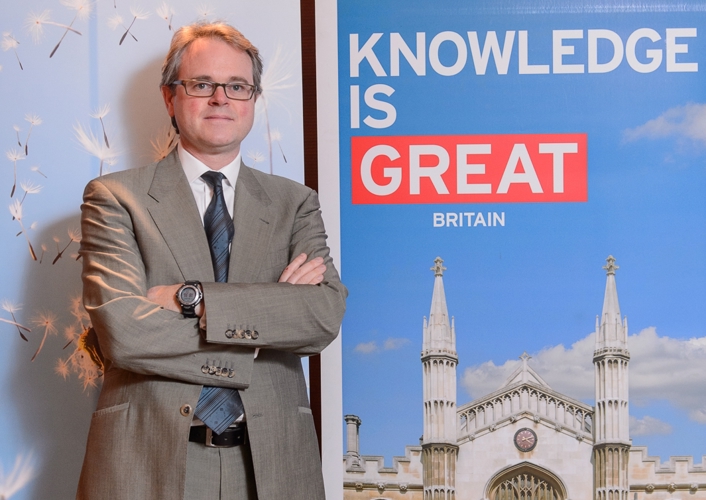World Class Provision

Matthew Burgess, ISC's General Secretary, responded to an article in the Financial Times, where Jonn Elledge argued that fees for independent schools have risen sharply in recent years and that they are pricing themselves out of the market.
It is notable that the only school cited in John Elledge's opinion piece is fictitious. The same charge could be levelled at most of the rest of the column.
Independent schools in Britain are world-class. The OECD recognises this; parents recognise this. Independent polling over the last decade consistently shows that the majority of parents in the UK aspire to an independent education for their children. Pupil numbers across the sector, after a period of rapid growth, remain stable despite the difficult economic climate.
None of this, however, suggests complacency on the part of school leaders who have a responsibility to safeguard the financial viability of the schools they run. Independent schools receive no state support for the education they provide and rely completely on recouping costs through fees. This makes the global success of British independent schools even more remarkable, incidentally, since most systems overseas recognise, through direct school funding or vouchers, that parents who are not using state schools have already contributed towards their costs. Britain is unusual in requiring parents to pay twice and schools outside the state system to be entirely self-sufficient.
And so independent schools, the vast majority of which are not-for-profit educational charities where surpluses are reinvested in the quality of the education they provide, must constantly look to fee-paying parents. It's no surprise that parents will compare fee increases to inflation, or changes in take-home pay, but journalists should dig a little deeper. Published inflation indexes are a measure of price changes for a basket of goods and services, most of which have very little relevance to the cost basis of a school. Teachers' salaries, pension and national insurance contributions, utilities and food: these are the contents of a school's basket of purchased goods and services, and they bear little correlation to CPI or RPI.
And let's not forget the capital spend that schools must find from their own resources: the unglamorous, routine maintenance of school buildings which can be ancient and listed. All schools, state and independent, must budget for this: but independent schools cannot expect £10 billion contributions from the Government, for example, that the Treasury recently announced for state schools. Neither can they reclaim the VAT on the cost of repairs, unlike their state counterparts. Journalists looking for gold-plating need to look elsewhere.
Independent schools also subsidise the cost of their service for low-waged parents. Bursaries funded by the sector now provide the same number of places as under the former assisted places scheme. Schools are increasingly innovative in sourcing funding for these places including, for some better-known institutions, expanding overseas. This should be applauded, as indeed the Government has recently, recognising the potential contribution to the UK’s economy of transnational education: £960m in 2011 from British schools overseas.
All these elements of a school's cost base must be provided out of income that relies upon parental rather than state contribution. But this simple truth lies at the heart of the success of independent schools. It is what keeps school leaders grounded in what parents want and value for their children's education. It allows them to resist political – and media - dogma of both left and right and focus on what is best for their pupils. It consistently delivers world-class results. It's why independent schools cherish and fight for their independence, every day.

